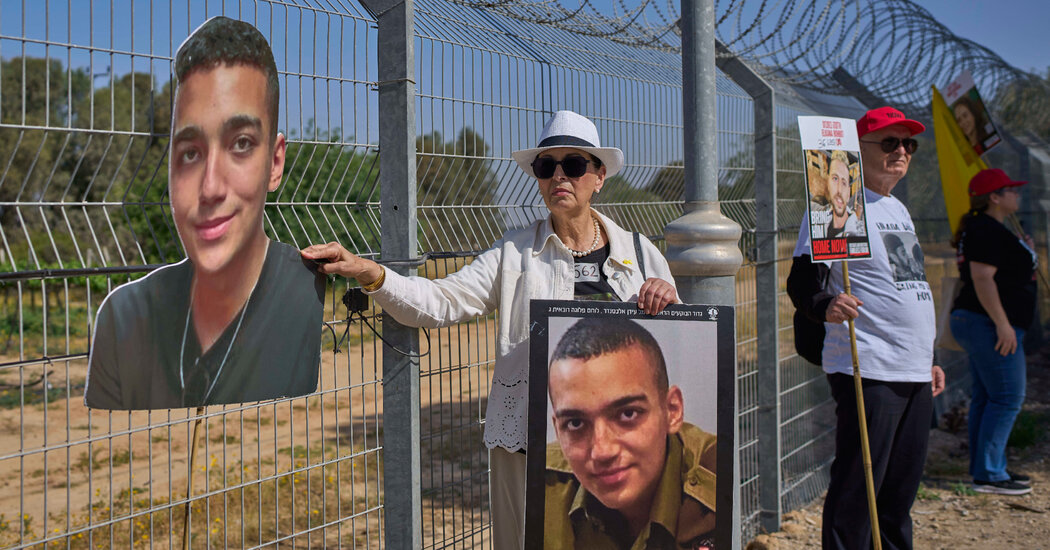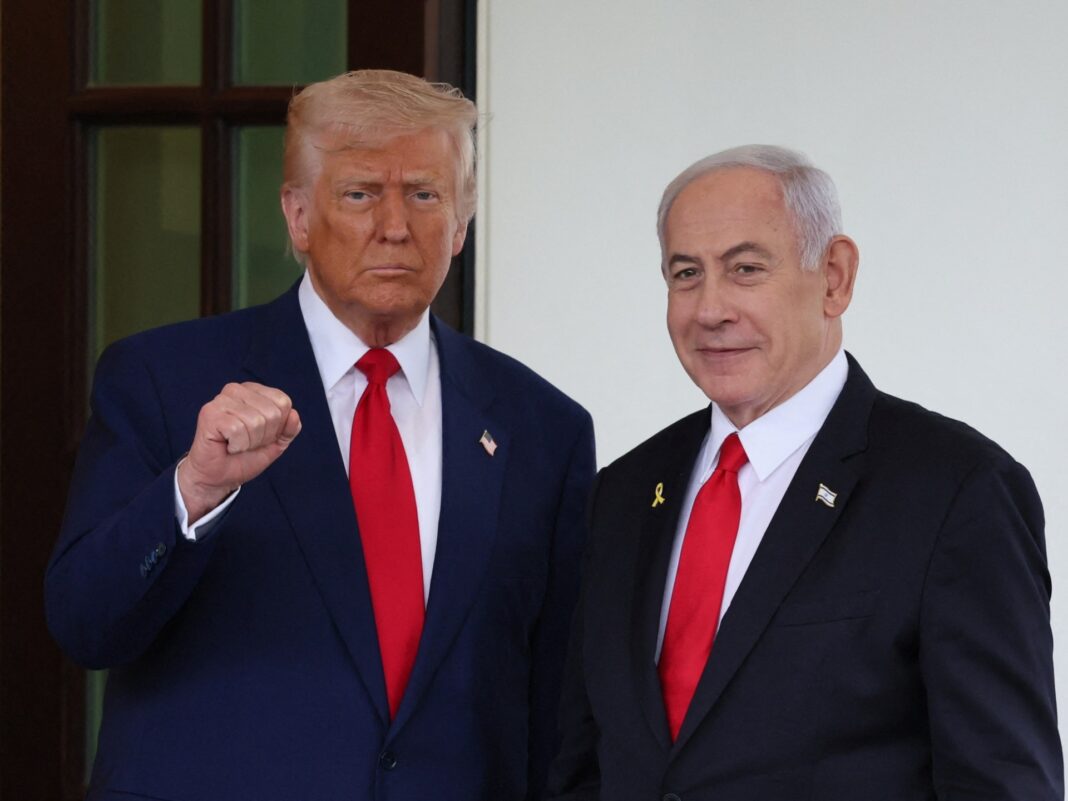Hamas released Edan Alexander, the last living American hostage it held in Gaza, on Monday evening, after mediators brokered a deal between the group and the United States that largely circumvented the Israeli government. Hamas and the Israeli military confirmed the handover.
Mr. Alexander’s release came on the eve of a visit by President Trump to the Middle East, and was portrayed by Hamas officials as an attempt to secure U.S. support for a wider deal to end the war.
Mr. Alexander, 21, was among roughly 250 people seized and taken to Gaza during the Hamas-led attack on Israel on Oct. 7, 2023, that ignited the war in Gaza. A dual Israeli American national serving in the Israeli Army, he was captured from a military post that morning. He grew up in New Jersey and moved to Israel after high school to join the military.
Unlike most other hostages, Mr. Alexander was released without a formally announced cease-fire between Israel and Hamas, highlighting the failure of efforts to secure a broader truce between the two sides. Hamas still holds at least 20 living hostages — along with some 40 dead bodies, including those of several Americans — but it is reluctant to release more of them unless Israel agrees to hold negotiations to end the war. Israel wants the right to continue the war after any future truce, leading to an impasse in the talks.
Benjamin Netanyahu, the Israeli prime minister, said in a statement on Monday that Mr. Alexander’s release showed the benefits of placing Hamas under greater military pressure. In March, Mr. Netanyahu ordered the Israeli military to break an earlier cease-fire, saying it would force the group to release more hostages and lead to its total military defeat.
But critics of Mr. Netanyahu’s strategy have said Mr. Alexander’s release instead highlighted the failure of such an approach, since he was being released mainly because of U.S. pressure rather than Israeli action. Growing numbers of Israelis support securing a deal to free all hostages, even if such a truce would require Mr. Netanyahu to compromise, end the war, and allow Hamas to survive. Mr. Netanyahu announced on Monday that he would send a delegation to join negotiations for a temporary cease-fire, disappointing those who want him to agree to a permanent truce in order to free all the hostages.
As a result, the relatives of hostages still in Gaza said they had mixed feelings about Mr. Alexander’s release. Many gathered in Tel Aviv on Monday to call for a broader deal.
Yehuda Cohen, whose son Nimrod is still held in Gaza, said hewas happy for Mr. Alexander but frustrated that he was being released “only because he’s an American citizen.”
Still, Mr. Cohen saw hope in how Mr. Trump was willing to work around Mr. Netanyahu. “He’s losing patience,” Mr. Cohen said of Mr. Trump. “We hope that it’s a new start of a new hostage deal, forcing Netanyahu to end the war, get all the hostages.”
Mr. Trump helped to fuel such hopes by announcing on social media on Sunday that Mr. Alexander’s release could be “the first of those final steps necessary to end this brutal conflict.”
U.S. officials met in person with Hamas leaders this year, before breaking off contact following complaints from Israel. It is unclear if direct contact was resumed to broker Mr. Alexander’s release.
Adam Boehler, one of the U.S. officials who met with Hamas this year, posted a photograph of himself with Mr. Alexander’s mother, Yael, as they took the same plane from the United States to Israel to greet Mr. Alexander upon his release.
With no end to the war in sight, aid agencies have warned of a growing risk of starvation in Gaza. A United Nations-backed initiative that monitors malnutrition, the Integrated Food Security Phase Classification, said on Monday that Israel risked causing a famine if it proceeded in the coming weeks with a planned military advance. In such a situation, the initiative said in a new report, “The vast majority of people in the Gaza Strip would not have access to food, water, shelter, and medicine.”
Since March, Israel has blocked all food and fuel supplies to the territory, much of which is occupied by Israeli troops, saying that it wanted to stop any supplies and profits from reaching Hamas.
Civilians have borne the brunt of Israel’s restrictions. The fuel embargo has made it almost impossible to distribute food to certain parts of Gaza, and the lack of new food deliveries has caused existing stocks to dwindle. In late April, the World Food Program announced that its food supplies in the territory had run out, while the U.N. agency that aids Palestinian refugees, UNRWA, said it had no more stocks of flour.
Gabby Sobelman and Rawan Sheikh Ahmad contributed reporting.


